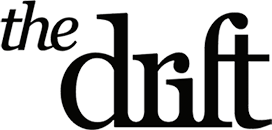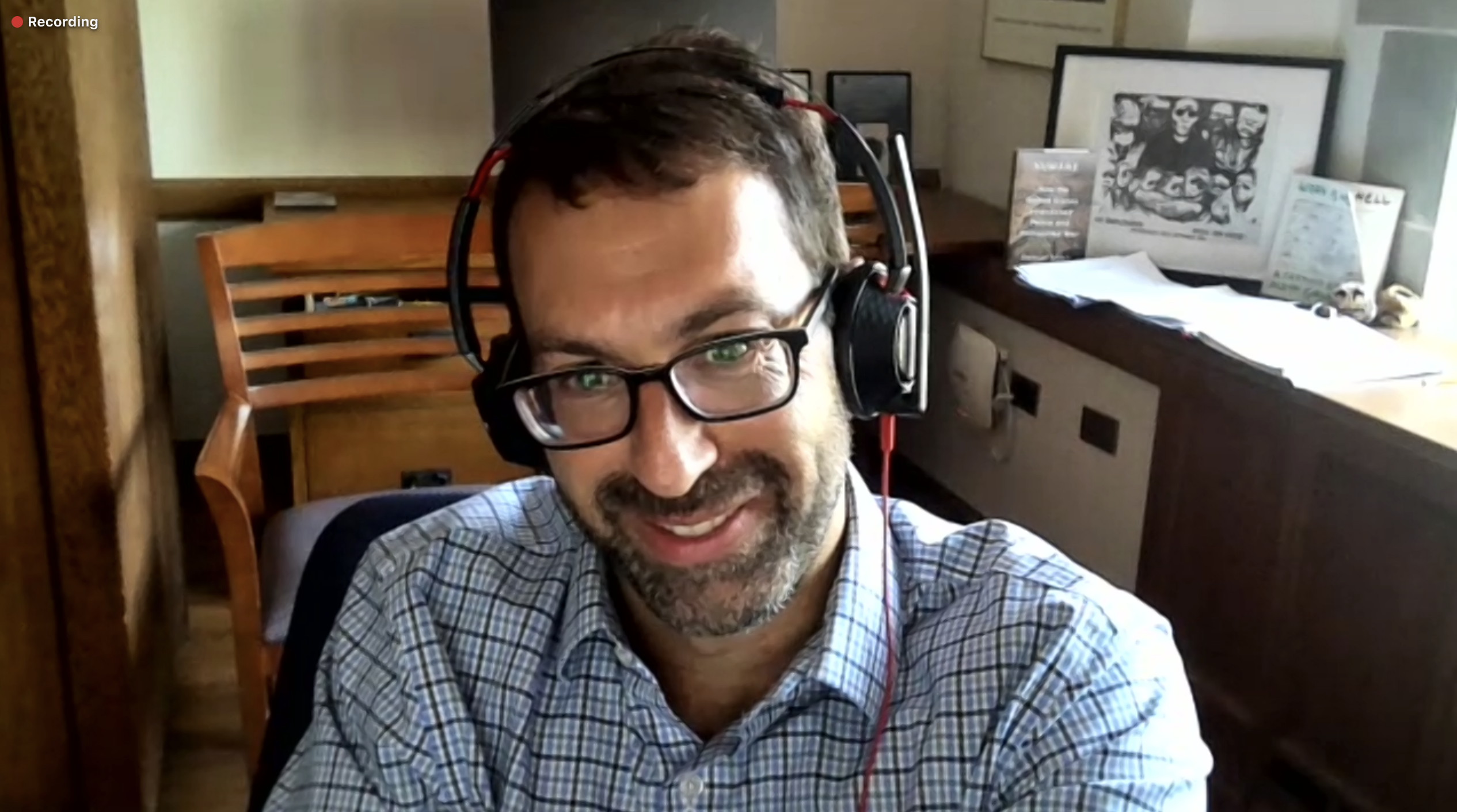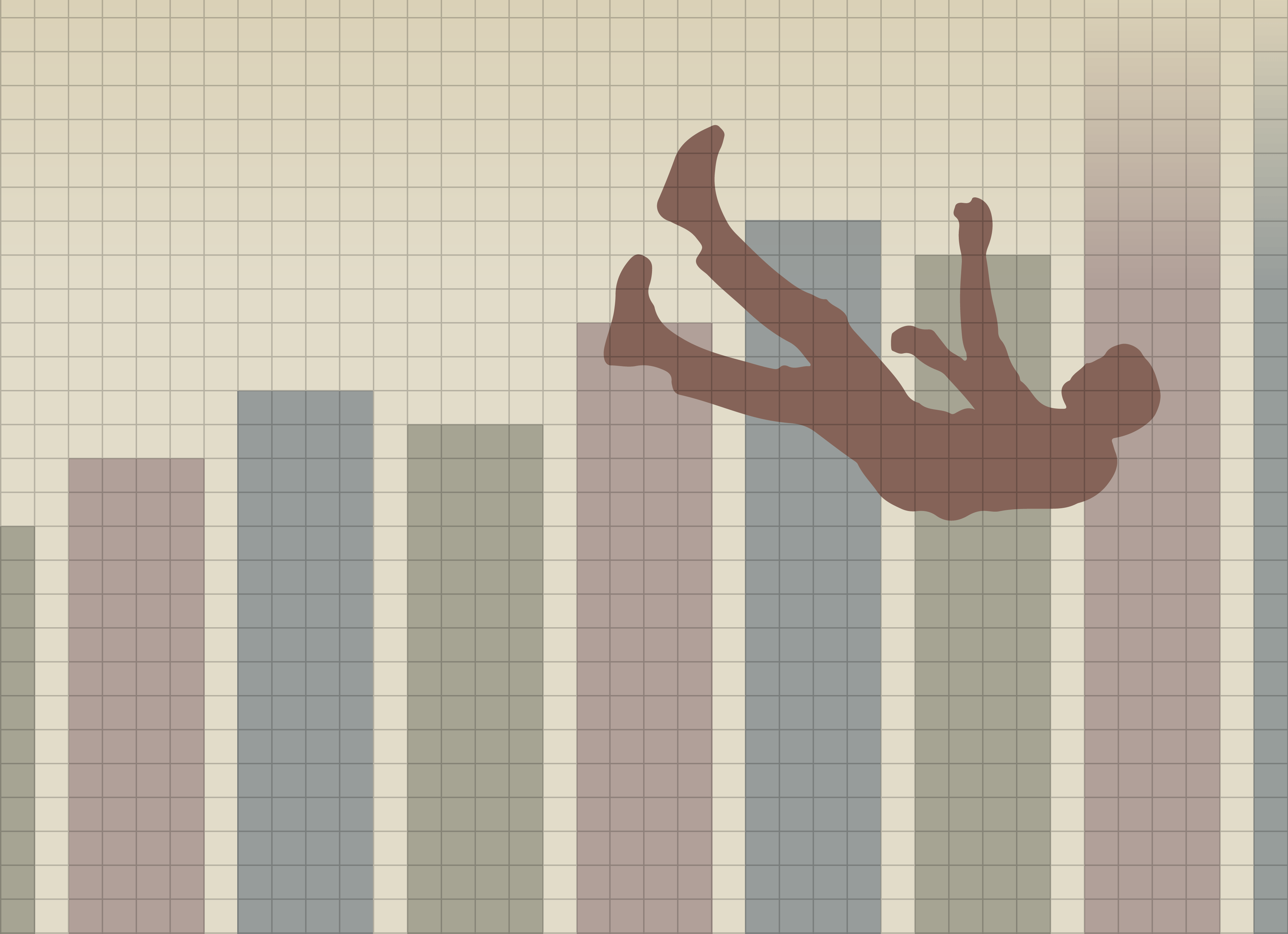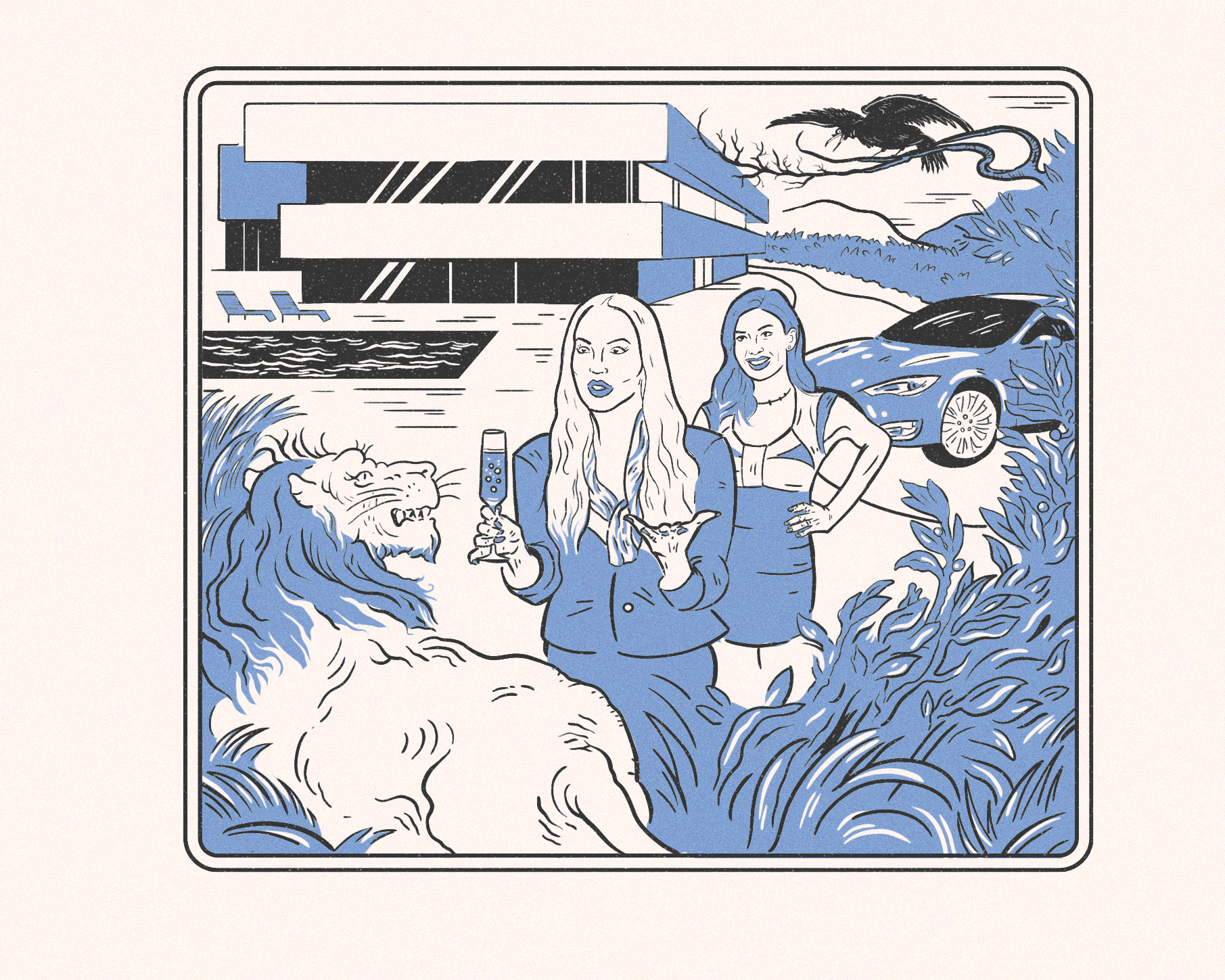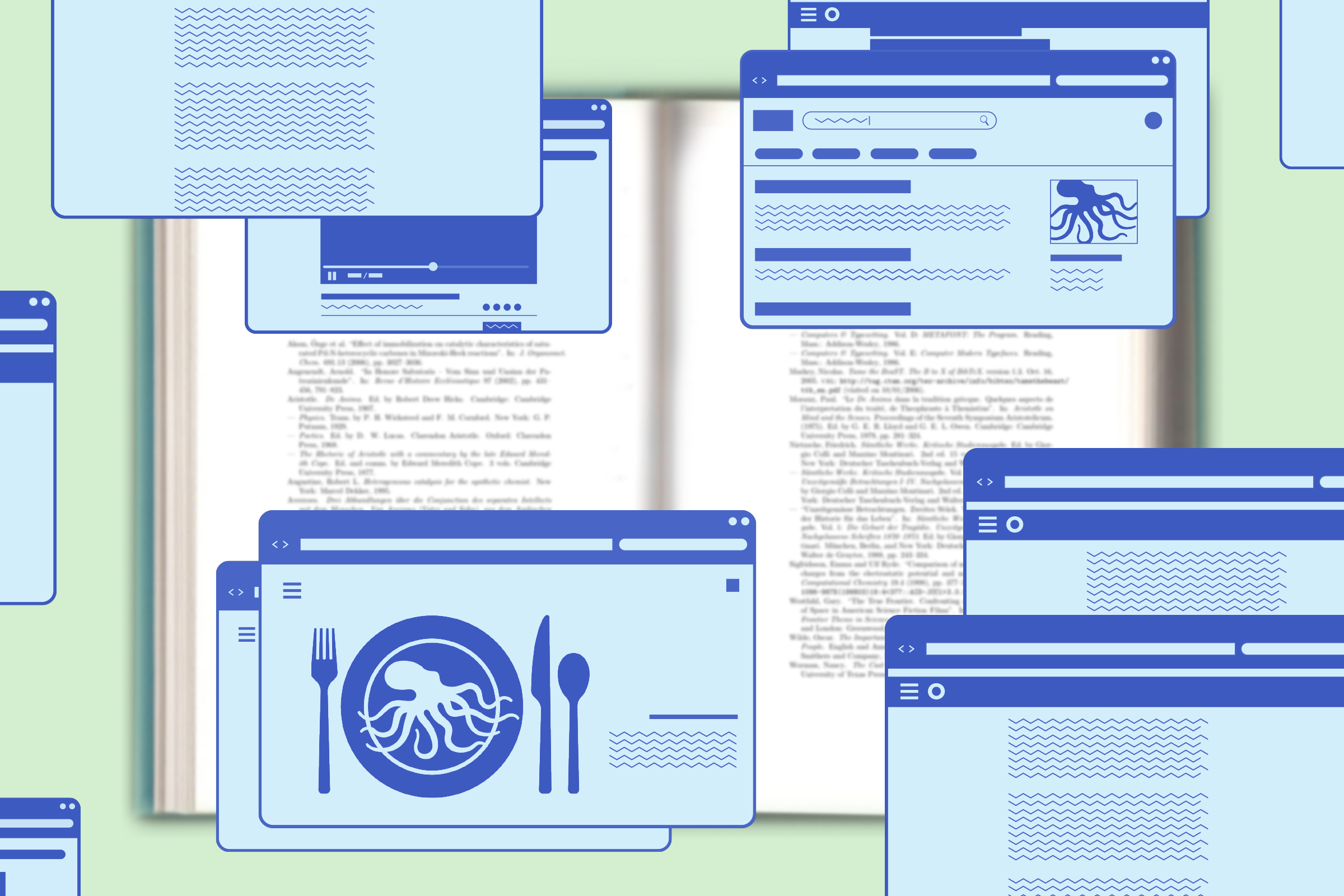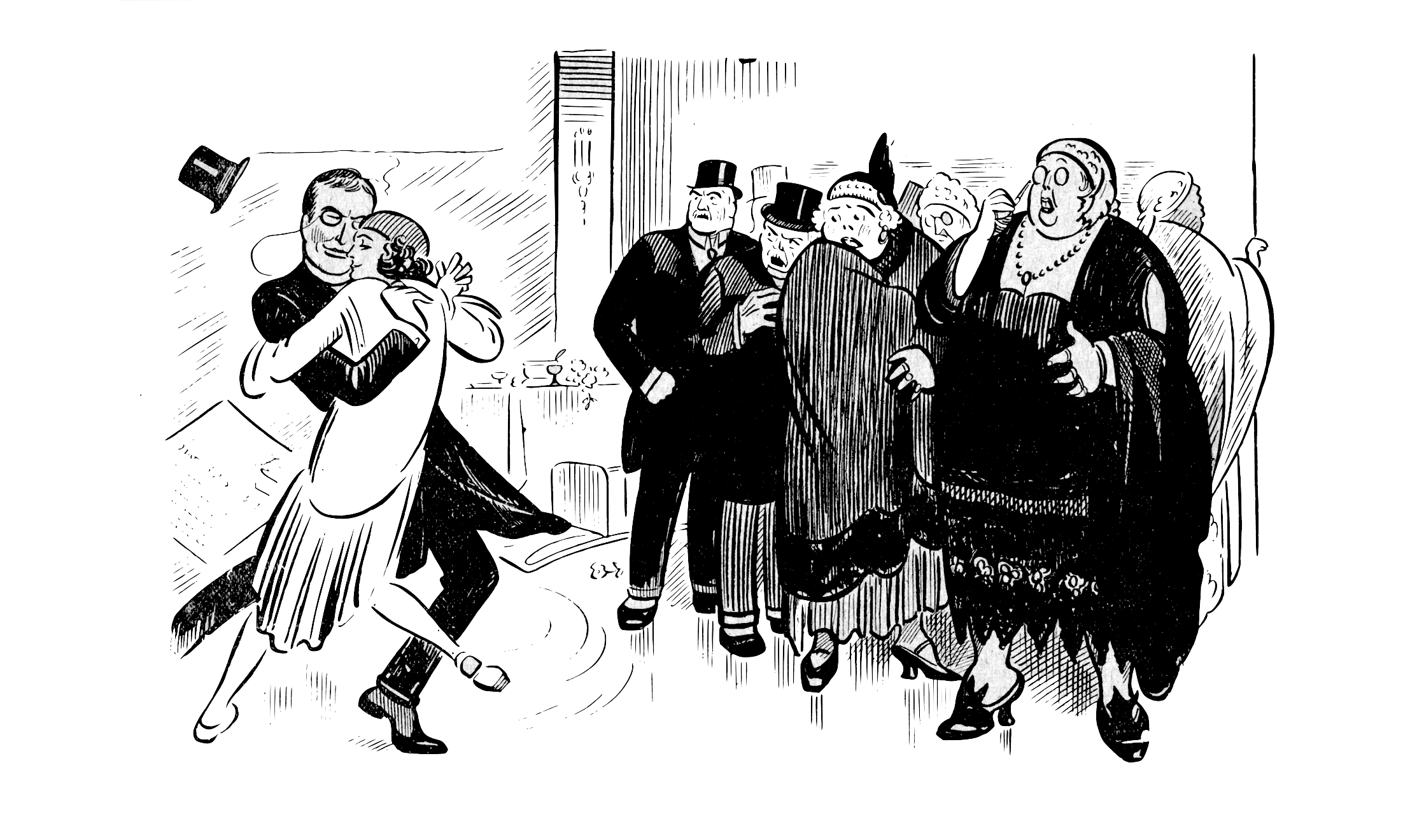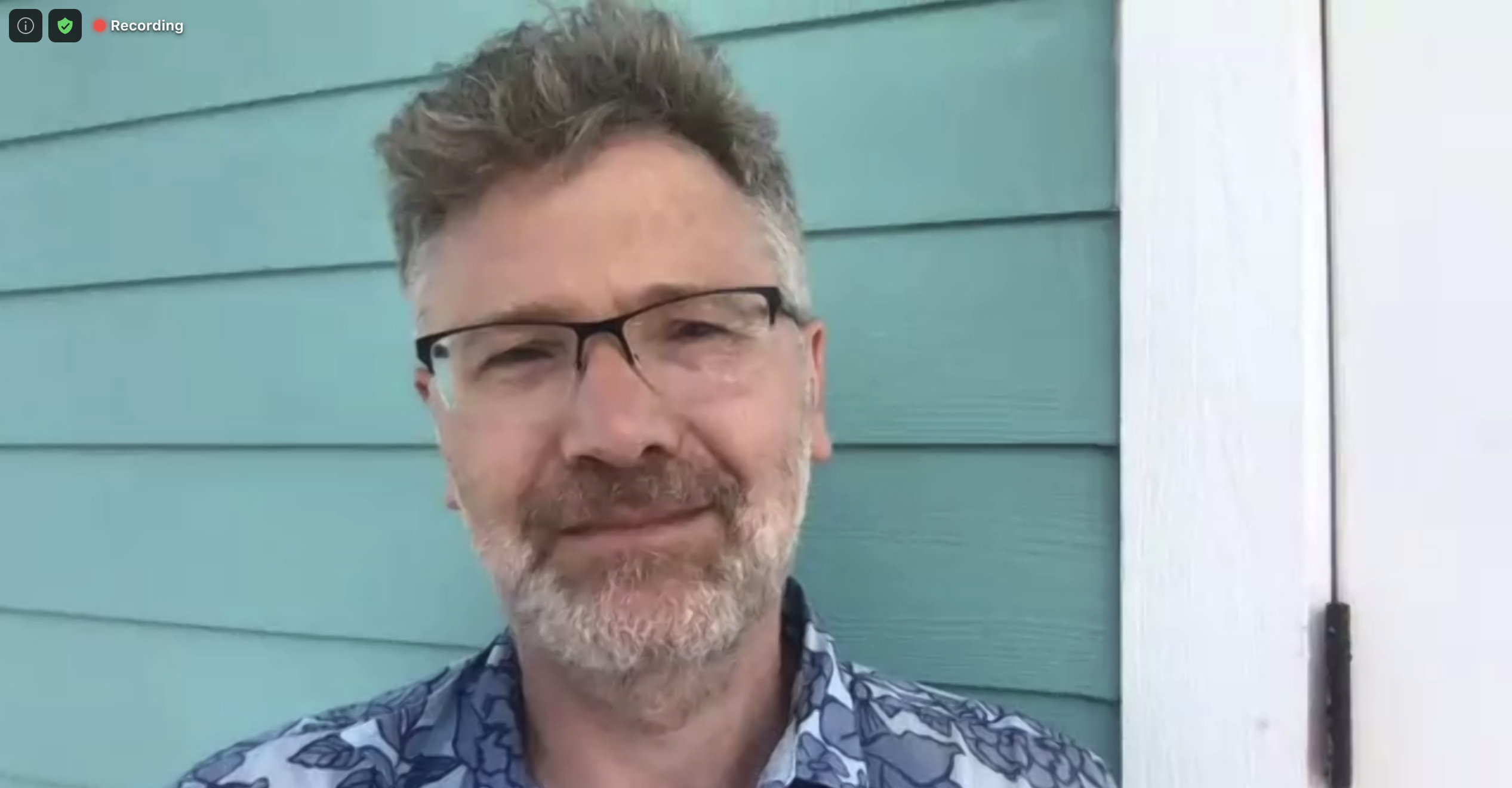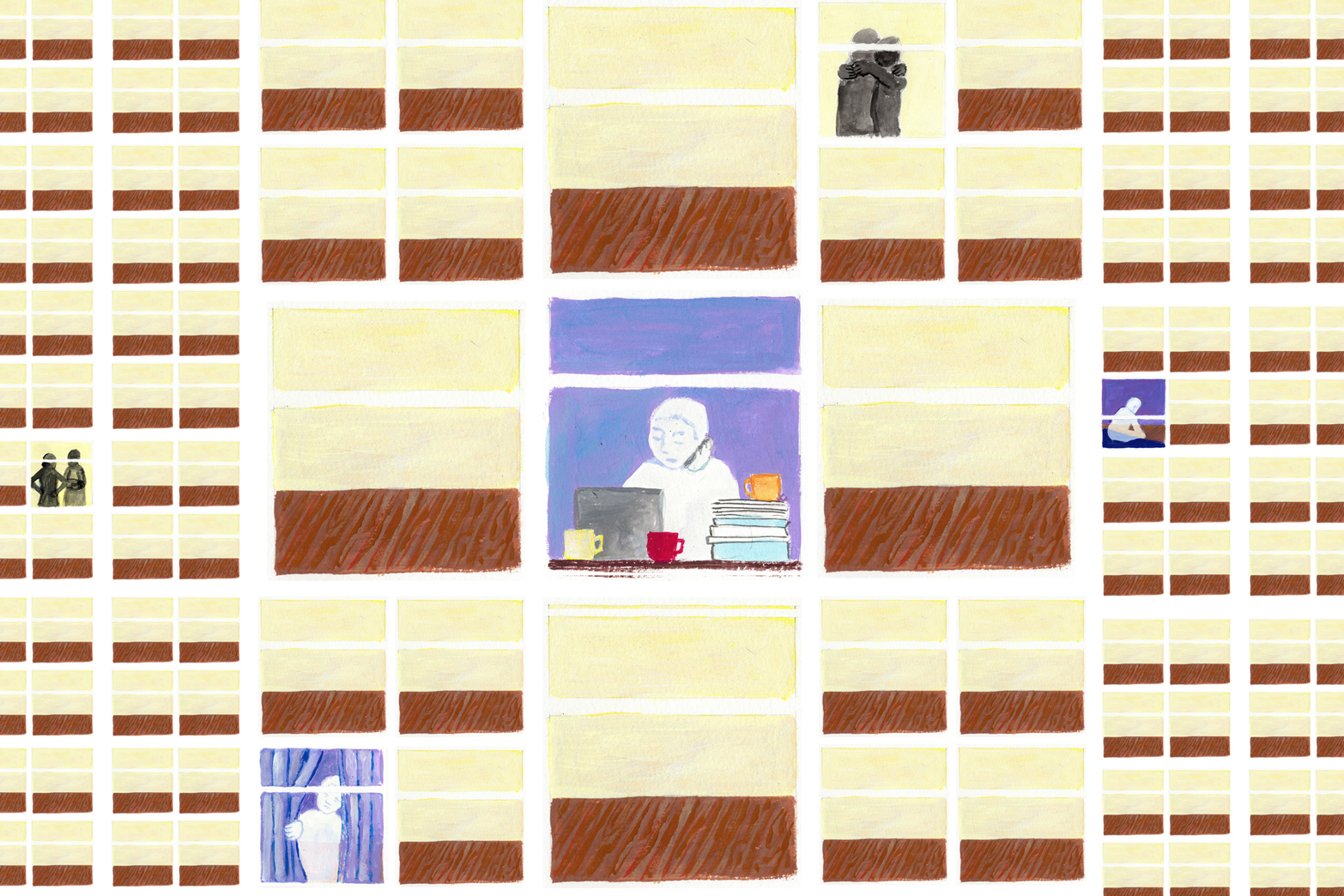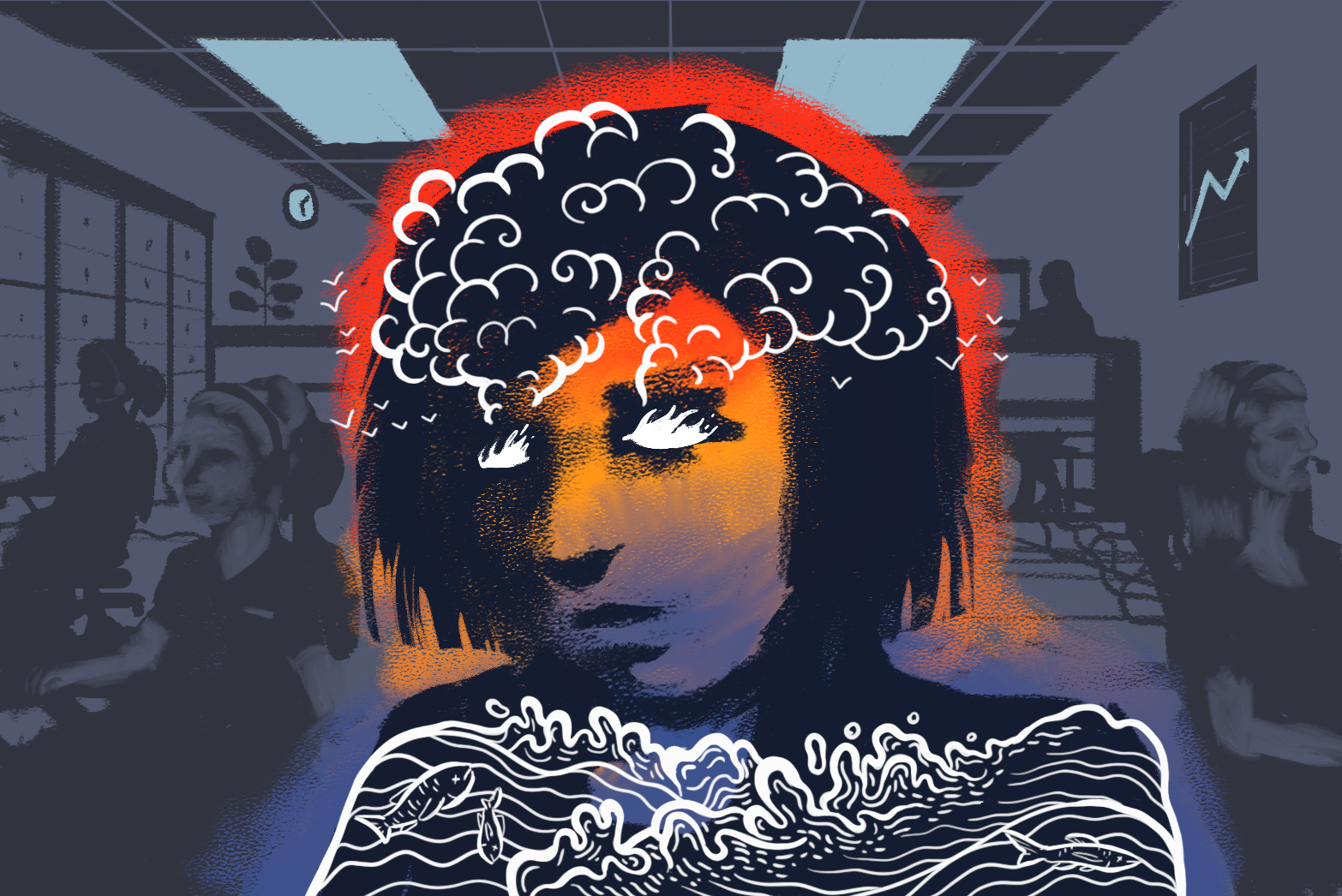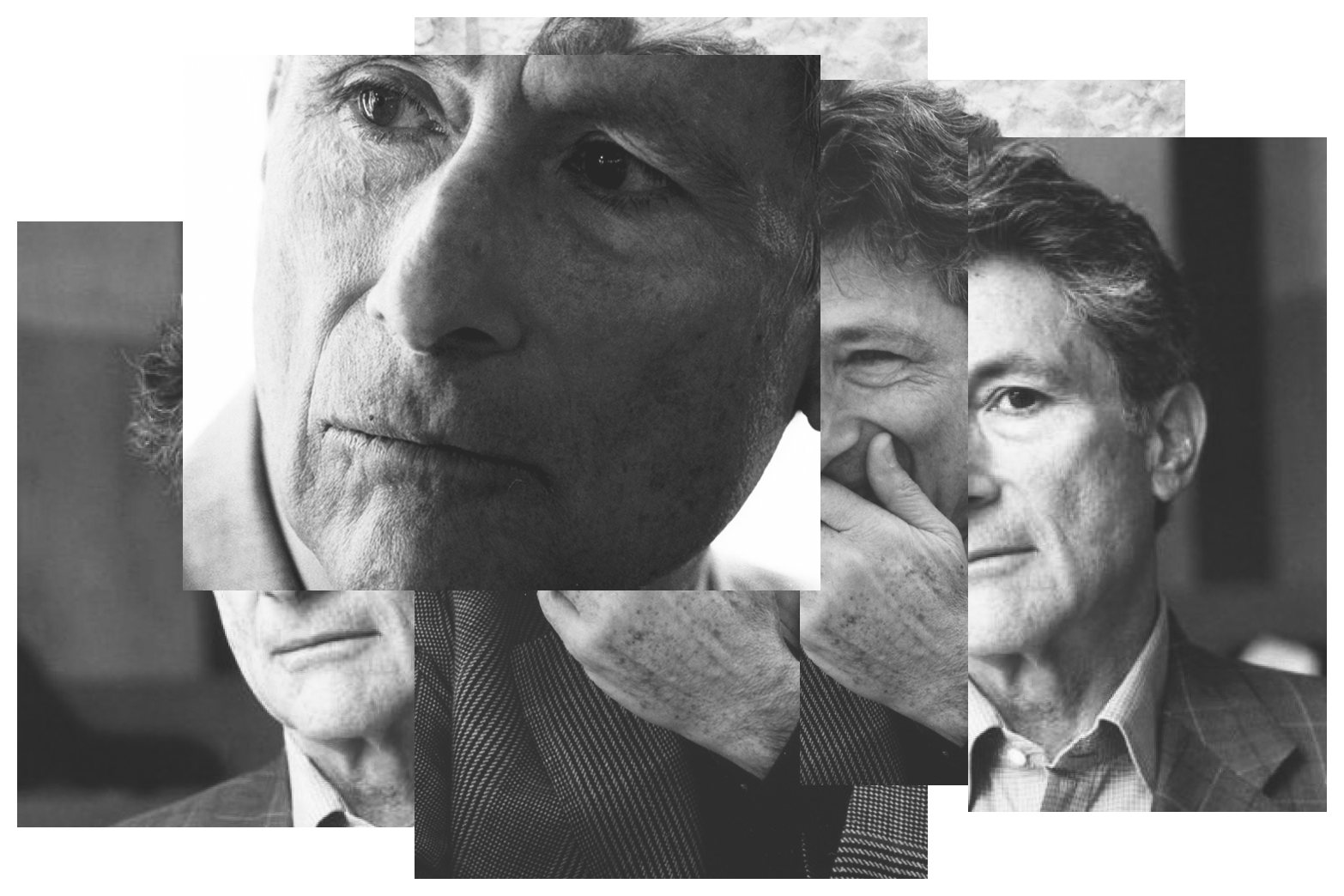Latest
September 9, 2021
“A New Form of War” | An Interview with Samuel Moyn
The Drift
Since 2008, politicians have campaigned (successfully) on the promise to get out of Afghanistan. Finally, this August, U.S. forces withdrew, and the government our military had installed unravelled overnight. After nearly twenty years, it was now clear, the U.S. had accomplished nothing besides untold death and destruction. All at once, prominent commentators emerged to decry the move and lambaste the Biden administration for its strategic blunder. To take the long...
May 2, 2021
Other People’s Despair | Mending the Social Fabric Won't Fix the Suicide Crisis
Erik Baker
Last March, in the early weeks of the Covid-19 pandemic, Donald Trump issued a warning: in what would soon become an incessant refrain among opponents of lockdowns and mandatory social-distancing measures, he claimed that unless the country was swiftly opened back up, there would be “suicides by the thousands.” Trump’s particular prophecy was clearly ridiculous, and it became more so with each passing month. But it was by no means...
May 5, 2021
Real Estate: Fables | Poetry
Adrienne Raphel
The Lion & the Statue David has fifty-nine apartments for rent and twenty-six lease takeovers to see. Beautiful, sun-drenched, south-facing. Duck light. Private dock, semi-private outdoor space, roof deck, live band. Tortured orchard, koi pond. The client’s representative drinks tap water from a Fiji bottle. We can easily represent things as we wish them to be. ** The Ass & His Shadow All the agents have their own listings, but...
May 6, 2021
The Translation Trap | Latin American Literature and the International Market
Julia Kornberg
The unnamed narrator of Valeria Luiselli’s 2011 novel Faces in the Crowd is a young Mexican woman living in Brooklyn and working, as many F-1 literary types do, at a small translation press. She spends half of the week visiting libraries around the city, carrying huge backpacks full of books while she searches for Spanish-language writers worth translating or reissuing. The rest of her time is spent in the press’s...
April 29, 2021
Fiction Detective | On Literary Citation and Search Engine Sleuthing
Sophie Haigney
At the end of Miranda Popkey’s novel Topics of Conversation, there is a short section titled “Works (Not) Cited.”1 She writes, “This manuscript emerged in part from an engagement with and in some cases refers elliptically to the following texts, televisions shows, films, web series, works of art, songs, e-mail newsletters, and podcasts.” The list of these works is roughly four pages long. I read it like a sleuth, trying...
May 6, 2021
Editors’ Note | Party Time
There are many consequences to the fact that an extremely high percentage of the American media lives in New York. The limitations of this situation become particularly apparent during, say, California wildfire season, or when anything else happens in any other part of the country. Meanwhile, faraway readers of our hometown national newspaper are treated to in-depth analyses of the subtle social hierarchies being hashed out in what amounts to...
May 4, 2021
“A Radical Demonstration of ‘America First’” | An Interview with Adam Tooze
The Drift
A year into a crisis of world-historic proportions, and what have we learned? After flubbing every aspect of the pandemic response, from masks to contact tracing, the U.S. has been rewarded with a return to what seems a lot like normal life. The market — following a series of erratic plot twists and what looked like it should have been another Great Depression — seems to have bounced back stronger...
May 6, 2021
“An Impossible Feedback Loop” | The Year in Mental Health
Andy Hyatt, Anne Larsen, Anonymous contributors, Beth Blum, Brianna Suslovic, Jess Bergman, Mike Rosmann, Rachel Connolly, Şerife Tekin, Tarpley Hitt
It’s no secret that the profound losses and disruptions to daily life of the past year have had a major emotional and psychological impact on nearly all of us. Many of the effects are obvious — loneliness, grief, disorientation, anxiety — and yet, aside from a profusion of dubious self-care tips and misused therapeutic language on social media, we have barely begun to reckon with their enormity and complexity, not...
May 6, 2021
Personal Hell | The Climate Anxiety Novel
Rithika Ramamurthy
In March of 2017, the American Psychological Association officially announced that feelings are valid: climate anxiety is real. In a sixty-nine page primer on therapeutic practice in the era of ecological decline, experts identify a range of negative emotional reactions including ecoanxiety (“a chronic fear of environmental doom”) and describe the psychosocial links between these states of mind and the state of the climate. The preface to the report explains...
May 6, 2021
A Jerusalem of the Mind | Academic Freedom After Edward Said
Andrew Marzoni
Joseph Massad started raising eyebrows on the Columbia campus around 2002. That spring, students circulated a petition calling for the political scientist’s dismissal; one, writing in The Columbia Daily Spectator, cited a lecture from Massad’s elective, “Palestinian and Israeli Politics and Society,” as evidence of a growing climate of anti-Semitism, likening the talk to a swastika tagged on the wall of a campus bathroom. At a pro-Palestine rally that April,...
